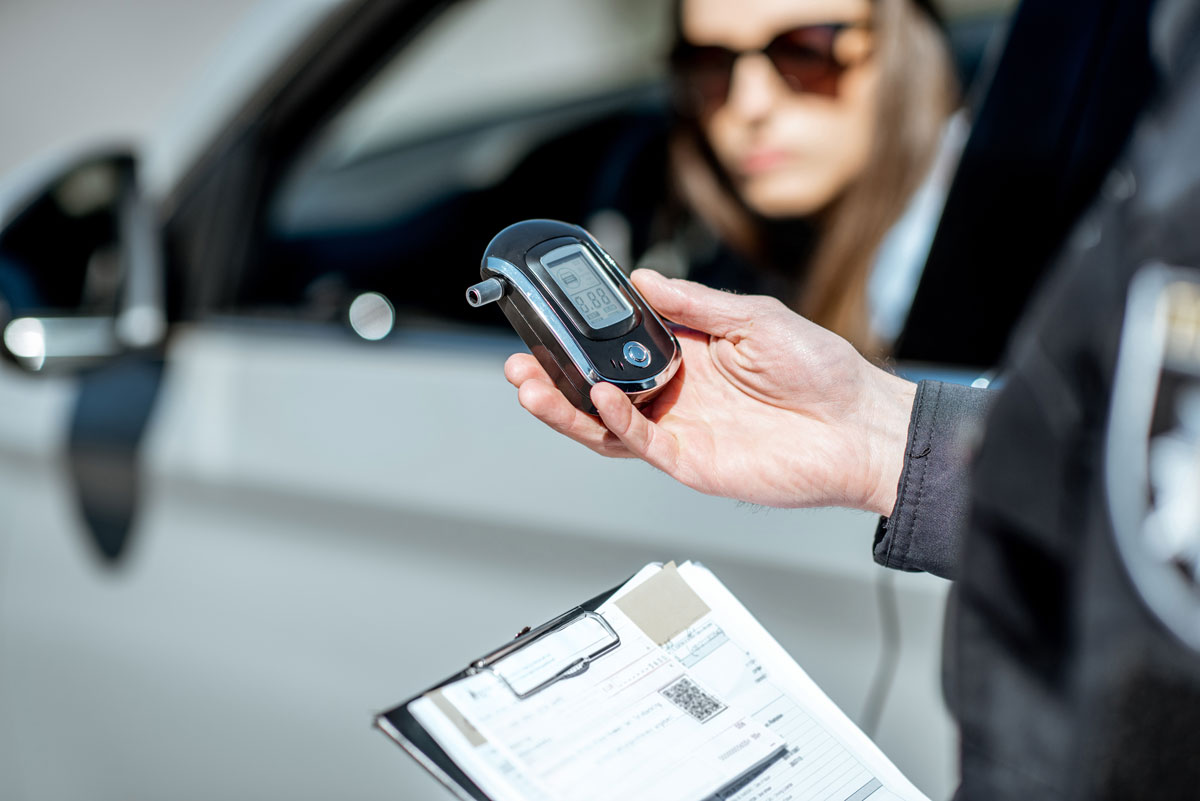Impaired Driving : ADA vs. Breathalyzer

If you’ve ever been arrested for impaired driving, these two terms may sound familiar to you. If not, these terms may not ring any bells for you, but you may find this text helpful as the holiday season and office parties get into full swing.
When a police officer arrests you for impaired driving, he or she may conduct a number of tests to see if there is alcohol in your system. They can ask you about your alcohol consumption, they can check to see if there is an odor of alcohol coming from you or the interior of your vehicle, they can also look at your eyes to see if they are red and/or glassy, etc. In addition, in order to verify or confirm that an odor of alcohol is coming from your breath, the police officer can legally ask you to blow in his or her face. These various options are used to obtain a suspicion that alcohol is in your system. When a police officer obtains this suspicion, he or she may order you to blow into an approved screening device (ADA) immediately.
After the suspicion stage comes the use of the ADA and the breathalyzer
The ADA is a small device usually found in the police vehicle. This device is used to obtain reasonable grounds to believe that you have committed the offence of operating a motor vehicle while impaired. As soon as the police officer suspects that you have alcohol in your system, he or she will order you to blow into the ADA. This test is done at the side of the road after your vehicle has been stopped. The ADA will then give you a result, either FAIL or PASS. If you get a FAIL result, the police officer will arrest you for impaired driving and take you to the police station for further testing.
It is at this stage, at the police station, that we find the breathalyzer. This machine measures the amount of alcohol in your blood. This test can only be performed following your arrest and can only be done at a police station by a technician qualified to operate this type of machine. Two samples will be taken to determine your blood alcohol content. The police report, as well as the results of these samples, will then be forwarded by the police to a Crown Prosecutor who, in turn, will lay charges against you.
Note: In impaired driving cases, many factors come into play, including the procedure to be followed by the police and the multiple deadlines that must be respected by the police. Only an experienced defence lawyer will be able to tell you whether the police procedure in your case was followed from start to finish. It is not because you blew over the limit that you should automatically plead guilty. In this type of case, the advice of a criminal lawyer can be very useful.
Finally, in this festive season, we would like to remind you that moderation is much better than a New Year’s Eve in jail.





















